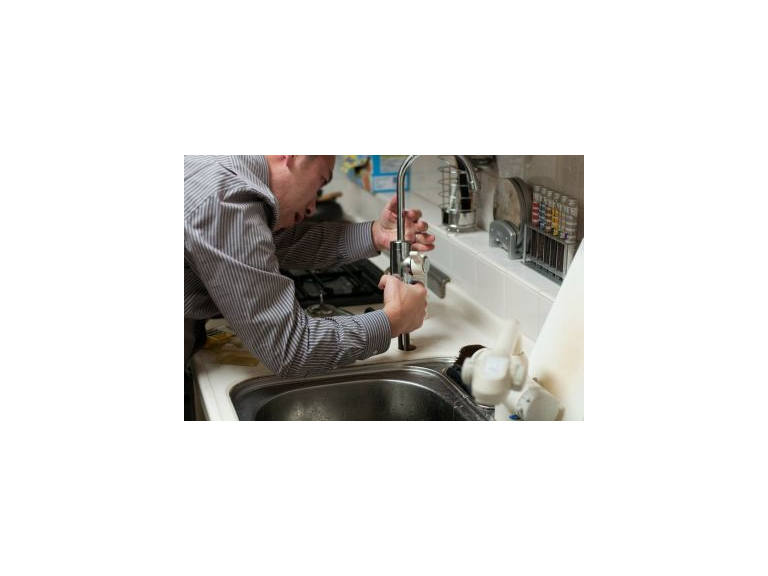
An issue that comes up repeatedly with just about any tenancy is that of repairs – what needs repairing, and whose responsibility is it?
There’s obviously a balance to be struck. The landlord can’t be expected to send in a decorator every time a slight crack appears in the plasterwork, similarly the tenant shouldn’t be penalised for it when they move out.
So what are the tenant's and landlord's responsibilities to do repairs, and what options does the tenant have if the landlord doesn't meet their obligations?
The law states that tenants must use their home in a ‘tenant-like’ way. This generally means:
Your tenancy agreement may also set out some specific responsibilities for repairs, which you must respect if you decide to sign the agreement.
Your landlord is responsible for ensuring the property does not fall into "disrepair", which means a condition where some part of your home is in a worse condition than it was at some earlier point in time, usually the day you moved in.
Generally, your landlord is responsible for repairing, and paying for repairs to:
A repair is generally different from an improvement, although a good landlord will often take the opportunity to improve the property when something needs fixing, such as replacing a broken old window with a new double-glazed unit.
In some cases, a problem with a property is actually caused by the bad design of the building, for example condensation can be caused by poor insulation and ventilation. If a problem is caused by a design defect then it may not count as disrepair. This can be very difficult issue to resolve and one reason you would want a letting agent to mediate and help get the problem fixed.
Unlike furnished accommodation, there are no requirements about the condition of unfurnished accommodation on the day that it's let to you, so it’s important to check the property thoroughly before agreeing to the tenancy. Of course renting via a reputable letting agency like Newlife Lettings will protect you from accidentally renting a house or flat in poor condition.
The following Cookies are used on this site. Users who allow all the Cookies will enjoy the best experience and all functionality on the site will be available to you.
You can choose to disable any of the Cookies by un-ticking the box below but if you do so your experience with the Site is likely to be diminished.
In order to interact with this site.
To show content from Google Maps.
To show content from YouTube.
To show content from Vimeo.
To share content across multiple platforms.
To view and book events.
To show user avatars and twitter feeds.
To show content from TourMkr.
To interact with Facebook.
To show content from WalkInto.